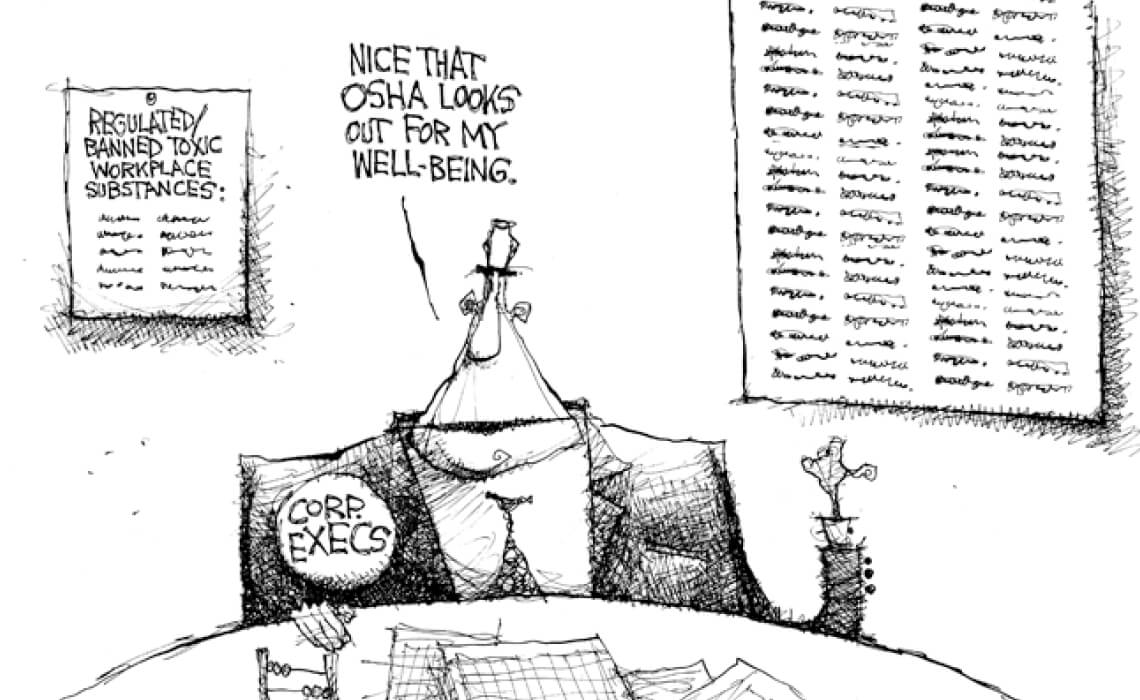Original reporting

How hard is it for doctors to listen and to care?
Despite innovative training at some medical schools, overall it still seems to be awfully difficult.
Consider adapting Danish policy choices for U.S.? Centrists and conservatives say 'yes'
A range of experts found lessons in the Danish model, and agreed that the unwillingness of the American officials to look abroad has narrowed the discussion of policy options in the U.S.
Being a citizen, Danish style
An interconnected network of social institutions in Denmark reinforces a conception of citizenship rooted in collectivity, trust, and civic-mindedness.
The high road to high wages: Denmark's answer to the U.S. model
Danish policy-makers have made a conscious decision not to rely on low-wage labor.
Business interests lauding the welfare state?
Public policy choices are both the building blocks and the reflection of the kind of society in which people want to live: “It’s obvious that in Denmark, both the public and business leaders regard the state as a partner,” said Stine Bosse, who until recently served as the group CEO of TrygVesta, Denmark’s largest insurance company. “A strong state is not just something you have to live with…it’s something we reckon is pretty important, a positive thing for business.”
The first installment in Remapping Debate's new series on how different Danish choices are from those being made in the U.S.
The first installment in Remapping Debate's new series on how different Danish choices are from those being made in the U.S.
A darker future for "Tier 2" workers
Per a "job saving" union-management deal, many auto workers are to be paid sharply lower wages at the Orion plant. They face a much reduced standard of living. Say goodbye to middle-class life?
Financial Times, Lazard resist disclosure on poll facts
Attempts to get basic information underlying poll on public support for green energy development are rebuffed.
Women as second-class (health) citizens
Experts say that the cost of the failure of many states to have a variety of commonsense public health programs in place is being borne disproportionately by women.
The nitty-gritty of going beyond GDP
Can "benchmarks" and "indicators" be implemented in a way to have a real impact on public policy?
Life getting shorter for women in hundreds of U.S. counties
New study shows shocking, regionally focused departure from upward trend in life expectancy.
If only tech solved things like it used to
But belief that gains will eventually supplant short-term pain with broadly shared prosperity (as once was the rule) isn't necessarily so.